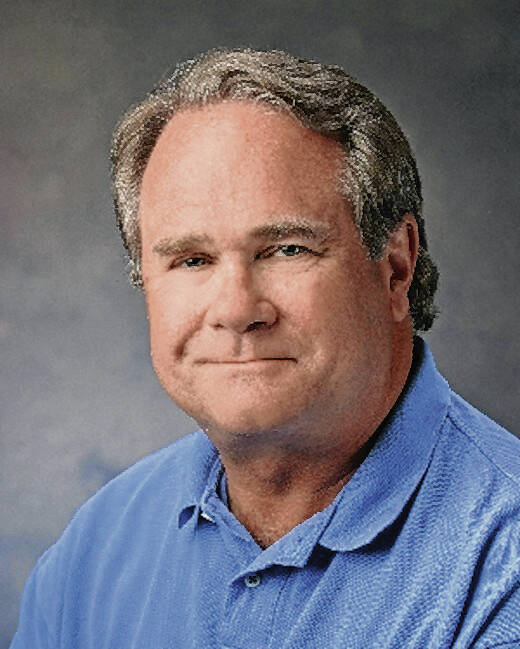
Craig Ladwig
“Public opinion is the thermometer a monarch should constantly consult.” — Napoleon
THE LATE JOE OVERTON was the strategic genius in our small group of early state think-tankers. He understood that meeting with politicians is a waste of time. Why? Because they are followers, not leaders, following anyone who will help them get elected.
Meet instead, he said, with donors and voters. Overton, who helped found the Mackinac Center, knew that if he could change their minds the politicians would fall into line. (The Indiana Policy Review, whose officers worked with Overton in the early days, is organized on his model, our Dennis Ganahl updating it for last year’s seminar.)
The strategy has come to be known as “the Overton Window” to help visualize how to organize a political effort. It is a window through which a spectrum of policies, ideas and beliefs can be discussed in the public sphere without risking arbitrary dismissal as extreme or unacceptable.
We defeat ourselves, Overton said, when we expend our energies outside this window on ideas, however commendable, that the public still considers unthinkable. Politicians and the media will ignore you regardless of how well you marshal the facts. We should be realistic from the start, then, about whether an idea is inside the window or outside it.
That does not make us cynical pragmatists. For if an important issue is currently outside the window we can get to work normalizing it through thoughtful discussion and strong advocacy, eventually moving the window to include it. Similarly, the window can be moved to exclude bad ideas.
Both moves require energy, money and time, but again politicians have little to do with it. Here is an example, a successful one:
Twenty-five years ago our foundation won a commission to study school-choice programs. At the time, school choice was considered “a non-starter” in political language. A committee chairman pushed the $50,000, year-long study back across the table at us with the dismissive “I couldn’t get that out of committee,”
We were forced to recognize that the issue was well outside the Overton Window.. Nonetheless, we held an Indianapolis press conference detailing the results of our study. Our summation op-ed was published in 23 Indiana daily newspapers, including laudatory editorials in the Indianapolis Star.
Throughout the next two decades we brought in hands-on experts on school-choice programs to meet with legislators in small groups — three times one came to Indiana. We continued to circulated the initial study.
In this last decade we commissioned a half dozen additional articles on school choice for our quarterly journal. We provided editors and legislators with detailed plans implemented successfully in other states.
The window here moved ever so gradually. Choice education programs are mainstream today.
Sounds too daunting? Takes too long? Overton, known for a wry outlook, had a motivational story of sorts. It concerned the only non-posthumous winner of the Darwin Award.
The award, of course, honors individuals who “contribute to human evolution by removing themselves from the gene pool through reckless or foolish behavior.” But in 1982, Larry Walters of Los Angeles decided it would be a good idea to attach helium-filled balloons to his lawn chair. He floated into the air, eventually reaching an altitude of about 16,000 feet, disrupting traffic at LAX. After Walters and his lawn chair were miraculously rescued over the Pacific Ocean he was arrested for violating air space.
As he was being led off in handcuffs, a reporter shouted, “Why’d you do it, Larry?
“A man can’t just stand around,” Walters shouted back.
And neither can we, Joe Overton would tell us, and neither can we.
